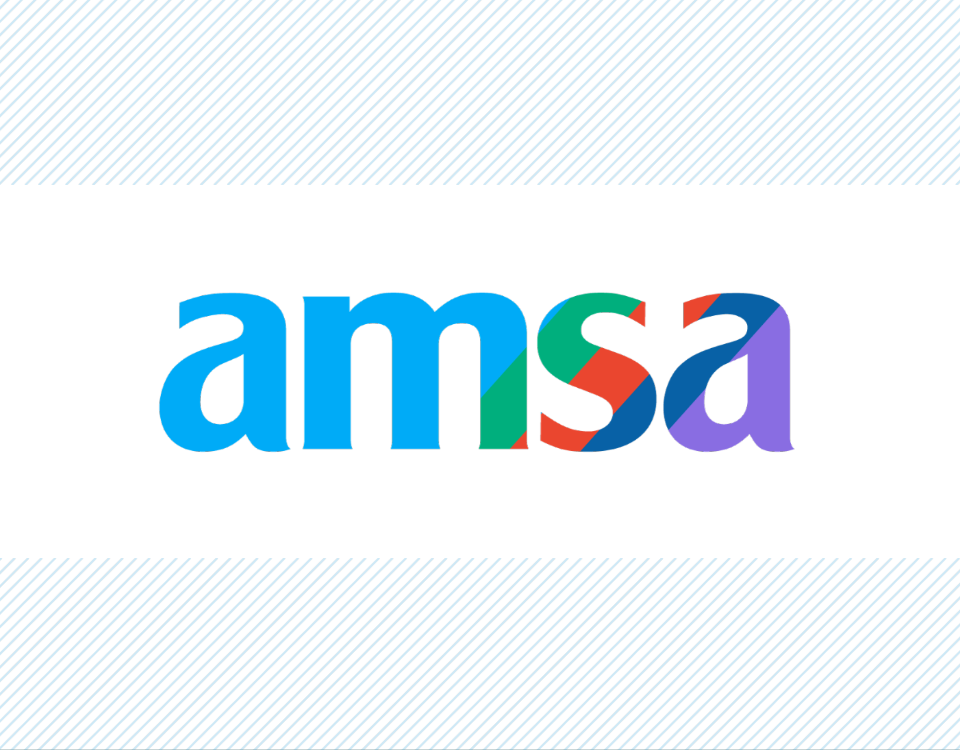By: Ashi Arora, CPH Chair
During my undergraduate education, I worked in a non-profit OB/GYN clinic in Detroit, where I helped provide prenatal education and transportation resources to pregnant women. A part of my job was to do in-take, where we would ask the women if they had insurance, and if not we would sign them up for Medicaid, which covers qualified pregnant women under Michigan’s requirements. Once these women, who were often previously uninsured, received care through Medicaid, they were often diagnosed with various conditions such as diabetes, high blood pressure, etc, which made their pregnancies high risk. However, two months after delivering, these new moms would lose their perinatal Medicaid coverage and be left without a primary care doctor. Leaving our nation’s most vulnerable without access to the care they need hurts us all.
Medicare and Medicaid were the first steps towards equitable access to healthcare, especially for vulnerable, low-income families and communities in the U.S. Their history goes back 54 years to a sunny, summer day, July 30th, 1965, when President Lyndon B. Johnson signed bipartisan legislation amending the Social Security Amendments law establishing Medicaid and Medicare as bedrock programs that today provide health care access for millions of Americans. President Johnson declared, “As a Nation, they [Americans] want, they need, and they can afford the best of health…for all our citizens, old and young, rich and poor.” As a future physician, this message resonates powerfully with me today.
Medicare and Medicaid ensure healthy communities by investing in people. Over a half-century later, Medicare has surpassed goals of improving health for elderly Americans. With 74 million Americans receiving care through Medicaid and nearly 60 million through Medicare, these programs are vital lifelines to individuals born into adverse socioeconomic backgrounds or in moments of need—particularly children, seniors, people of color, veterans, and those living with disabilities – and the elderly. Through Medicaid, low-income Americans can more often seek cost-effective preventative care, which has proven to prevent significantly higher costs to treat more serious chronic conditions. Research has shown Medicaid enrollment improves school attendance, high school graduation, and college enrollment. Children covered through Medicaid earn more and require less medical care in adulthood. Medicaid has proven to stimulate economic growth and create jobs through well-targeted investment.
Medicaid and Medicare remain two of our best investments in America’s future. Millions of Americans now support expanding Medicare to all people, to ensure access to health care as a human right, protected by our government. As medical students, we see the impacts of uninsurance and underinsurance every day. We must honor the legacy of these crucial programs by protecting these programs, expanding Medicaid in states which have not already, and advocating for a universal Medicare For All program. As future physicians working to build a healthcare system that serves patients and doctors, we strongly support an end to the attacks on the Affordable Care Act, encourage all states to pass Medicaid expansion, and urge congress members to support and pass The Medicare For All Act of 2019 (H.R.1384/S.1129).
I envision a future where all people living in America are able to access quality, affordable health care; where their skin color, sexuality, gender identity, income, education does not prevent them from getting the care that all humans deserve.

